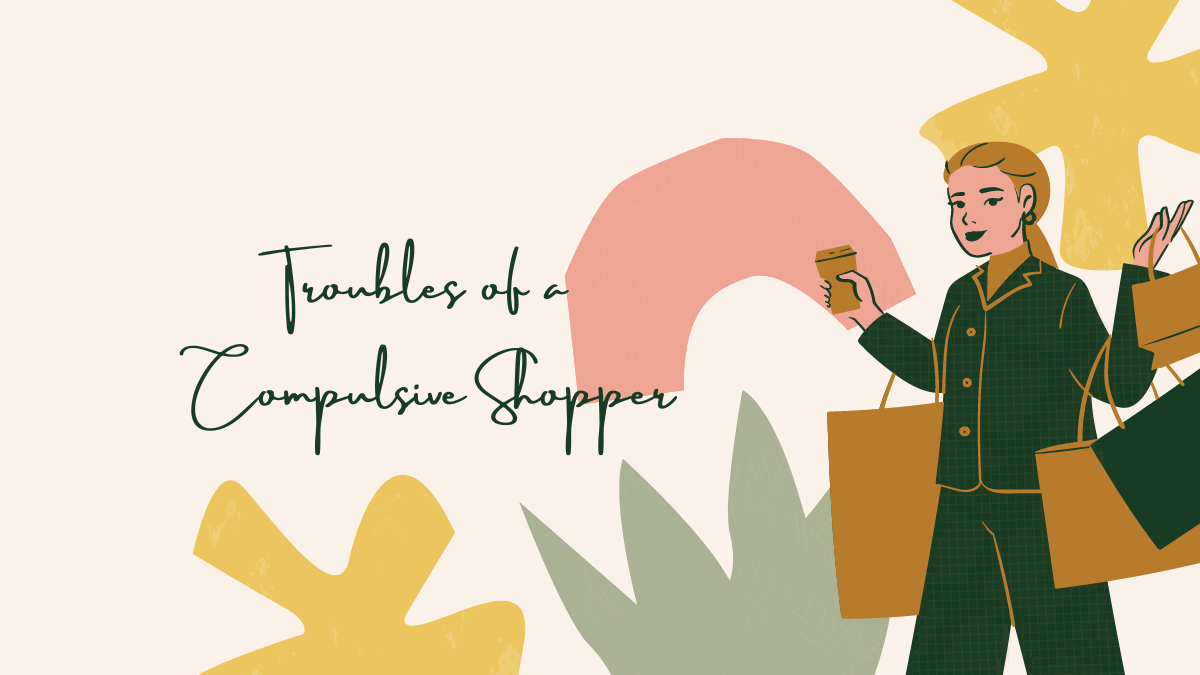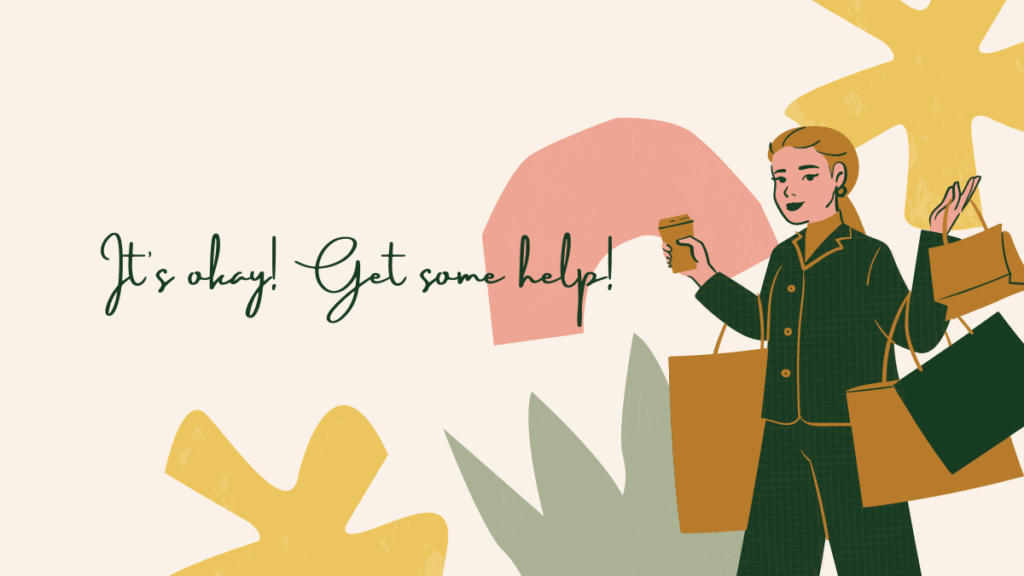Compulsive shopping: is it a steal or a misdeal?

Check out here and checkout there. Have you ever returned home after a shopping trip and realized that you have a lot of items that you absolutely didn’t need but still purchased? What about the packages and boxes you receive after placing an order online and then realizing later that you didn’t actually have use for the items you ordered?

This could be a case of compulsive shopping. Although this could be considered “impulsive” buying of items that we believe we necessitate at the time. However, compulsive buying is a disorder that forces you to shop until you drop.
How is compulsive shopping different from impulsive shopping?
Shopping habits like compulsive shopping and impulsive buying can both result in regret and money problems. Although the two terms are occasionally used synonymously, there are significant differences that distinguish them.
Impulsive shopping

This means buying things that were not originally planned. It frequently occurs impulsively and in the heat of the moment, motivated by an amazing deal or “what a steal” moment when one comes across desirable items that are too alluring to resist.
If they are within one’s means, these impulsive purchases can occasionally be fairly harmless. Additionally, purchasing aesthetically pleasing items may be regarded as benign “retail therapy.” Nevertheless, impulsive purchases can also result in pricey shopping excursions that can ruin finances.
Compulsive shopping

Another name for this condition is oniomania, which is characterized by an obsession with shopping despite the sufferer’s knowledge that doing so will result in debt. It involves a compulsive urge to purchase things, many of which are not necessary.
People who shop compulsively do so to alleviate stress, boost their mood, and enhance their self-perception. Even though they may get pleasure or relief from their shopping habits, compulsive buyers frequently feel bad or ashamed about their actions. It’s a problem that most people are not aware of.

According to Verywell mind, some of the signs of compulsive shopping include:
- Declining financial health or high amounts of credit card debt
- Distressed relationships due to spending or shopping too much
- Hiding shopping or the amount spent
- Losing control during shopping sprees
- Shopping to avoid feeling guilty about a previous shopping spree
- Shopping to relieve feelings of emotional distress
- Spending more than a person can afford.
Physical And Psychological Effects of Compulsive Shopping
The same factors that lead to other addictions may also have an impact on compulsive shopping, a behavioral addiction. There may be a connection between personality, biological, environmental, and genetic factors.
According to some experts, compulsive shopping may be a symptom of bipolar disorder or obsessive-compulsive disorder (OCD). The use of drugs, depression, and generalized anxiety disorder were all linked to compulsive buying, according to one study.
Four years ago, the YouTube channel Only Human published a documentary that featured Jasmine Herman meeting and helping people with obsessive-compulsive disorder. In this documentary, she portrays the saddening lives of those who have this condition.
The documentary shows how people who shop compulsively begin to hoard the items they acquire. Their homes fill up and become cluttered with extraneous purchases. They are unable to stop, despite how awful it would feel to do so. Although it may seem strange to some, this is how addiction functions. They simply have that wiring in their brains.

The reward systems of their brain may be stimulated by shopping and purchasing, which contributes to a persistent desire to do so. Whether it’s shopping, eating, or enjoyable activities cause the brain’s reward center to fire, causing dopamine to be released, which can result in a vicious cycle of compulsive behavior.
What Can You Do About It?

The symptoms of compulsive shopping may be treated with therapies. The approach of cognitive behavioral therapy (CBT) has some potential to identify the thoughts and feelings that underlie the behavior and then change them for more constructive ones.
According to researchers, the symptoms of compulsive shopping may also be somewhat relieved by a class of antidepressants called selective serotonin reuptake inhibitors (SSRIs), which are frequently used to treat depression.
I can’t even begin to imagine going through an addiction. So, if you struggle with compulsive shopping, I think your first step should be accepting who you are and realizing that what you have is enough. Fix yourself from the inside out before making the choice you think is best for your life.

- Don’t be afraid to talk to your family members about this condition. This can help manage your shopping habits with the assistance of friends and family.
- Maintain a cash-only system of payment so you can immediately see the effects of overspending. Only use cash and make a list of the things you only need to purchase.
- Look for alternative ways to pass the time. You are more likely to engage in compulsive shopping when you are bored, so find worthwhile activities to keep you occupied.
- Instead of shopping, I advise taking up a hobby or another leisure activity. Visit your outside garden, read a book, hike a mountain, write in your journal, play an instrument, support a good cause, or visit with friends who are staying home.
Life is much more than owning things that do not contribute to the quality of your life or personality. Remember that having this condition is not your fault, so seek help because you deserve to know what you truly want in life.
Joyce Margaux is a driven journalism student looking to improve her writing abilities and become a better version of herself. When it comes to duties being completed, she values time management and consistency. She considers herself as a responsible and orderly person that yearns to live the best life






